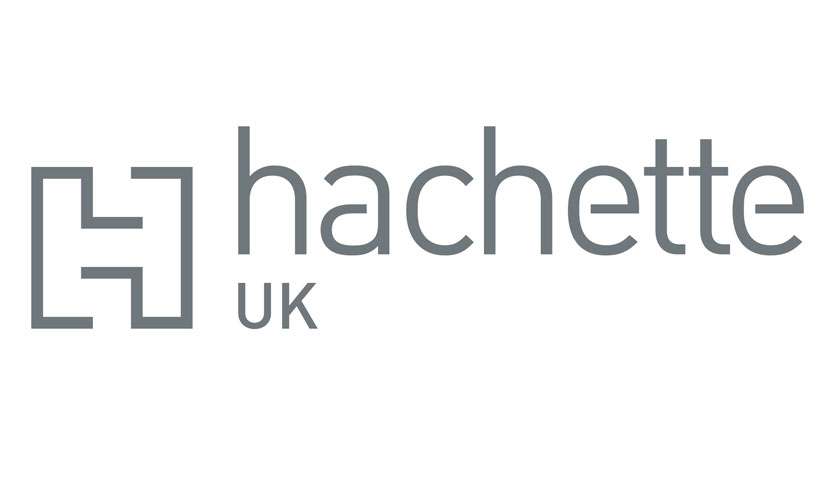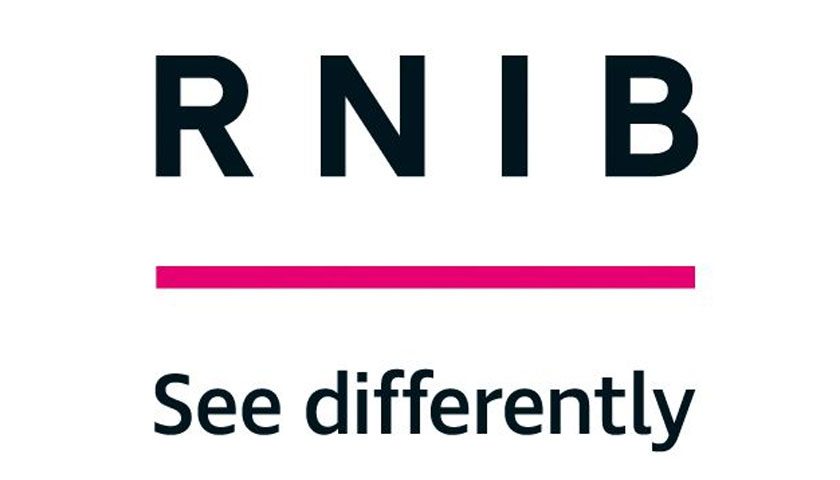Hachette UK’s Accessibility Network, which supports those with disabilities & neurodiversities to create, to read, to access and to work, has announced a partnership with Mencap, the UK’s leading learning disability charity, to deliver talks, fundraiser activities and awareness-raising events starting from May 2021.
The partnership aims to raise awareness and improve understanding of learning disability, by generating as much visibility of people with a learning disability as possible to reduce the everyday stigma and misunderstanding this group face.
People with a learning disability face huge inequality every day of their lives. They are more likely to be socially isolated, nearly twice as likely to be inactive and die on average over two decades earlier compared to those without a learning disability. The pandemic has exacerbated this inequality and people with a learning disability are one of the groups who have been hit hardest. Mencap has continued to provide the highest quality frontline care to thousands of people with a learning disability, while advocating for the rights of the 1.5 million people with a learning disability in the UK and their families. Most notably, the charity successfully campaigned for the inclusion of people with a learning disability in priority groups for the COVID-19 vaccine rollout programme.
The partnership with Mencap forms a key part of the Accessibility Network’s outreach agenda for this year, and its aim is to increase awareness of learning disability within the company and host at least five fundraiser activities, encouraging network members and other Hachette UK employees to engage with the amazing work that Mencap does for people with a learning disability, who face huge inequalities in every area of life.
The five fundraiser activities planned include a virtual cocktail class and cook-along on 17th June with Hachette UK authors, Dan Whiteside (Sphere) and Sam Gates (Robinson), which will be ticketed, with all funds raised going directly to Mencap. Members of the network have also committed to taking part in the Royal Parks Half Marathon in October this year.
Jasmine Palmer, Cecilia Rushton and Aine Ryan, co-chairs of the Accessibility network, commented: “We are thrilled to be partnering with Mencap and look forward to growing our relationship with the charity this year, as we host both social and educational fundraisers for employees of Hachette UK.
“The partnership is a vital step for our network outreach and we will be conducting a survey to see how much awareness has improved at Hachette UK in order to benchmark our progress.”
Mary O’Hagan, Director of Fundraising at Mencap, said: “We are incredibly excited to partner with Hachette UK to see what we achieve together in the coming year. Not only will this partnership raise vital funds to support people with a learning disability, but it will also help increase awareness about learning disability.
“People with a learning disability have been hit hard during the pandemic. Every penny raised will go towards Mencap’s life-changing programmes, which will help people with a learning disability lead happy and healthy lives, just like anyone else.”
Amy Clarke, who has a learning disability and is Digital Assistant at Mencap, said: “As someone who enjoys reading, I am excited about this new partnership with Hachette UK. Not a lot of people know what a learning disability is, so it is great that this partnership will help to raise awareness.
“The money Hachette UK raises from the fundraisers will go a long way. It will change the lives of people with a learning disability and make the UK the best place to live if you have a learning disability.”
Around 1.5 million people in the UK have a learning disability, which is defined as a reduced intellectual ability. This means that they often take longer to learn new things and need support with everyday tasks, such as cooking, managing money, travelling and personal care. The level of support someone needs is different for every individual depending on the severity of their learning disability. For example, people with profound and multiple learning disabilities often need round-the-clock care and support.


